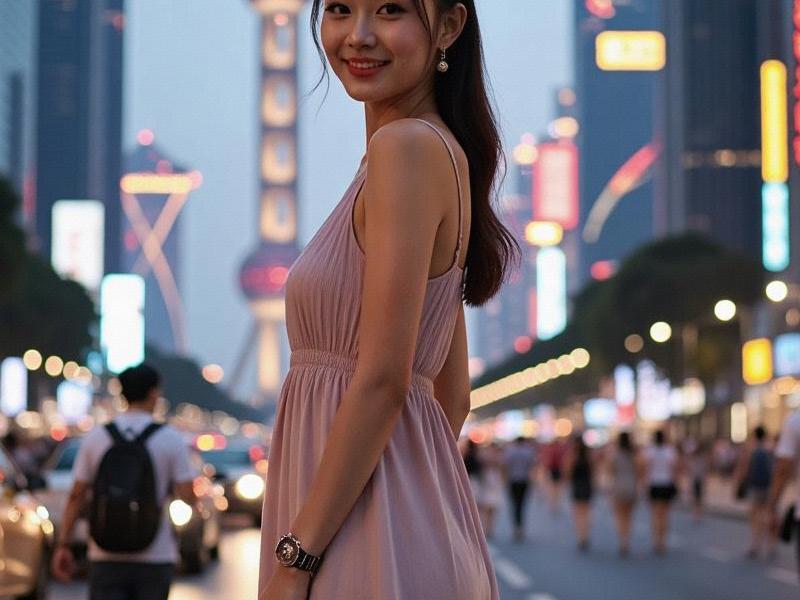This investigative report explores how Shanghai's high-end entertainment clubs have evolved into sophisticated business-social hybrids, combining Chinese traditions with global luxury standards to crteeaAsia's most dynamic nightlife economy.

When the sun sets over the Huangpu River, Shanghai transforms into a glittering playground for Asia's elite. The city's entertainment club scene, valued at ¥48.7 billion (USD 6.8 billion) in 2024, has undergone a remarkable metamorphosis - from smoky karaoke boxes to multifaceted luxury complexes redefining urban nightlife.
The New Generation of Premium Venues
Gone are the days of generic KTV parlors. Today's top-tier Shanghai clubs like "Cloud 9" in the Jin Mao Tower and "Jade Dragon" in the Bund Finance Center offer integrated experiences: private concert halls with Grammy-winning sound systems, cigar lounges stocked with Cuban vintage collections, and even attached business centers for impromptu deal-making. These venues average ¥8,000-15,000 (USD 1,100-2,100) per evening for a standard private room.
"Modern Shanghai entertainment isn't just about singing - it's about curated experiences," explains Michael Zhou, director of the Shanghai Hospitality Association. "Our members expect Michelin-level dining, sommelier services, and privacy technologies rivaling Swiss banks."
爱上海同城对对碰交友论坛
The Business Entertainment Phenomenon
Unlike Western nightlife models, Shanghai's premium clubs serve as crucial business platforms. Over 68% of corporate entertainment budgets in Shanghai flow through these venues, with particular concentration in finance, tech, and cross-border trade sectors. The unique "private room economy" facilitates everything from venture capital pitches to supply chain negotiations over premium cognac and live seafood displays.
Cultural Fusion and Innovation
上海贵族宝贝龙凤楼
The most successful venues blend international luxury with Chinese traditions. "Dragon Gate" in Xintiandi pairs holographic opera performances with blockchain-verified vintage baijiu collections, while "Pudong 88" offers AI-powered lyric suggestions for Mandarin pop songs in real-time. This cultural hybridity has made Shanghai clubs particularly appealing to the overseas Chinese diaspora and international business travelers.
Regulatory Evolution and Challenges
Shanghai's 2023 Nighttime Economy Development Guidelines established Asia's first certification system for premium entertainment venues, addressing previous quality control issues. However, challenges remain - from talent shortages (the city now has three specialist hospitality academies) to balancing discretion with anti-money laundering compliance. Recent crackdowns on unlicensed establishments have accelerated industry consolidation.
上海品茶网
Regional Competition and Market Trends
While Shanghai dominates China's high-end club market, emerging competition comes from Shenzhen's tech-infused venues and Chengdu's more relaxed "slow nightlife" model. Industry analysts note Shanghai clubs are countering with "experiential memberships" that include yacht access and private jet charters - the ultimate status symbols in China's most cosmopolitan city.
The Future of Nightlife Entertainment
As Shanghai positions itself as Asia's premier international financial center, its entertainment industry keeps pace. Planned 2025 openings include the world's first underwater club in the Deep World Plaza development and several blockchain-based membership clubs catering to digital asset investors. One certainty remains - in Shanghai, business and pleasure will continue their elegant dance long into the night.